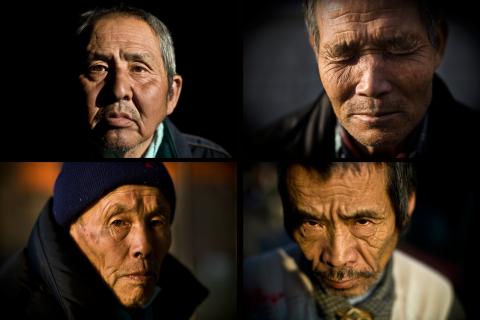By Zuleyka Zevallos
Shiho Fukada’s Pulitzer Centre project on Japan’s “disposable workers” focuses on people who are precariously employed in casual and “dead end” jobs. They are underpaid, working long hours but without any of the benefits or sense of stability of full time employment. This affects people who are homeless as well as white collar workers who are driven to suicide due to mental and physical exhaustion. I see that Fukada’s photo essay offers an insightful visual critique of economic progress and the rapid increase of an “underclass” in one of the world’s most advanced societies. I argue that Fukada’s work might be understood through the sociological concept of anomie, a term that describes the social alienation that follows a society’s shift in morals and values. In this case, I explore how a cultural change in attitude means that workers are less valued in Japan, leading to socio-economic and mental health problems. I draw a comparison between the Japanese and the Australian workforce. I conclude by showing how sociologists seek to help governments, employers, developers and community organisations work together to better support a sustainable and ethical economic future.

Continue reading Japan’s Disposable Workforce: Alienation, Suicide and Social Responsibility
